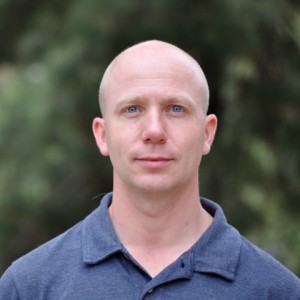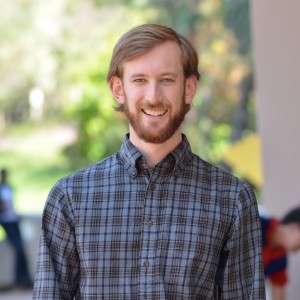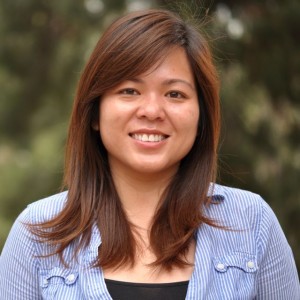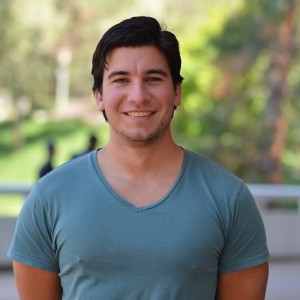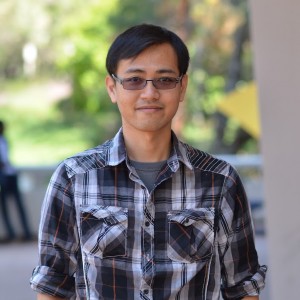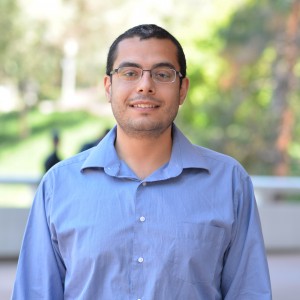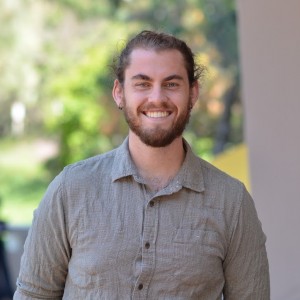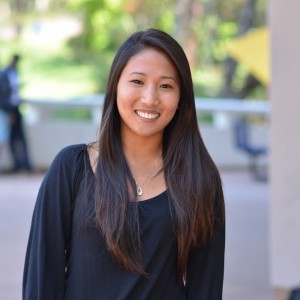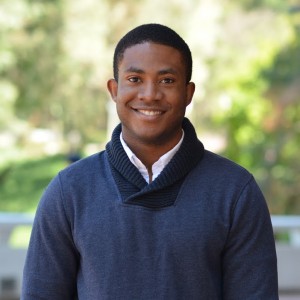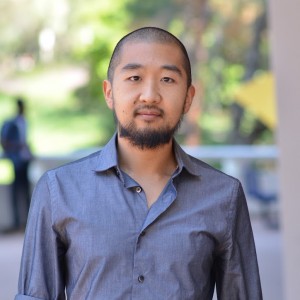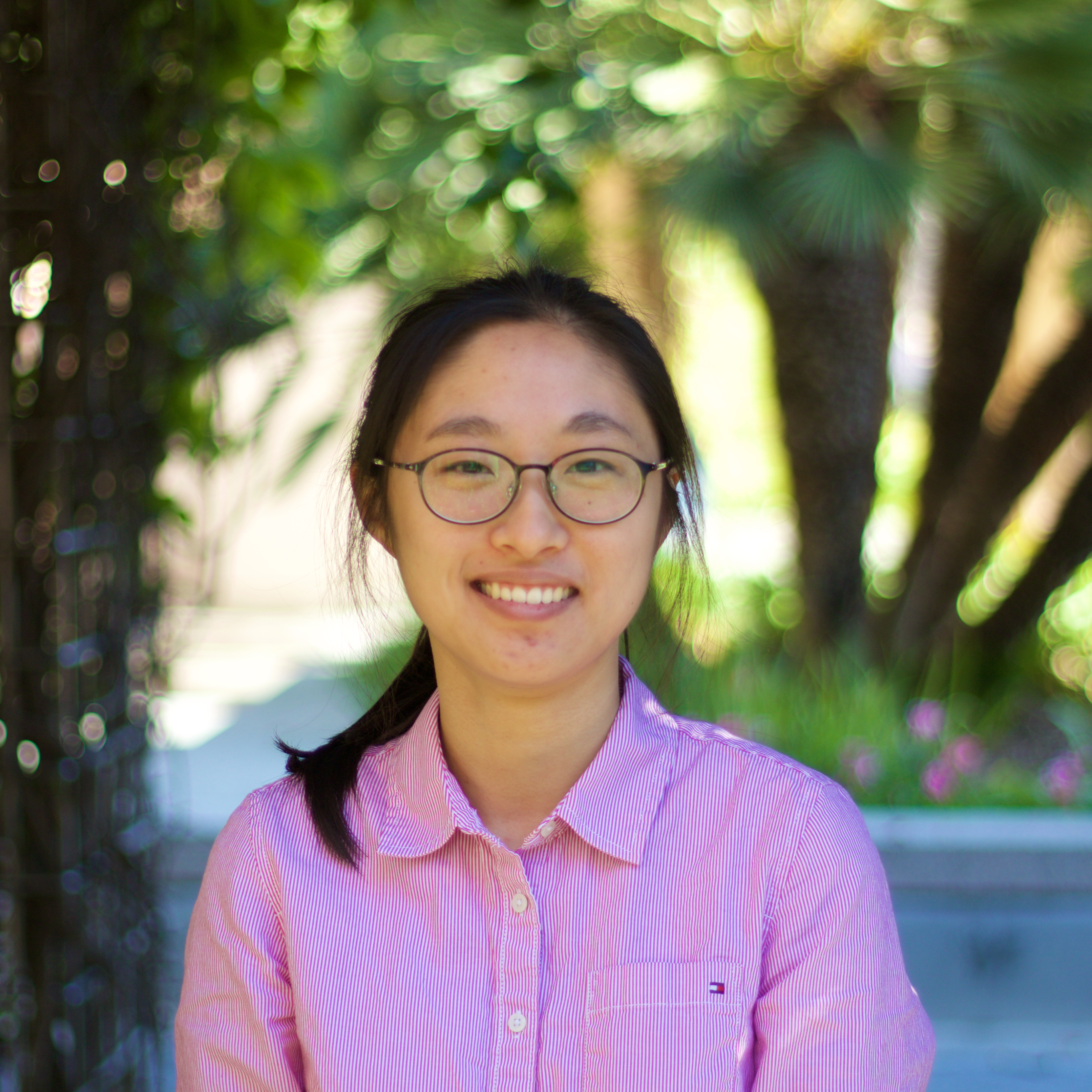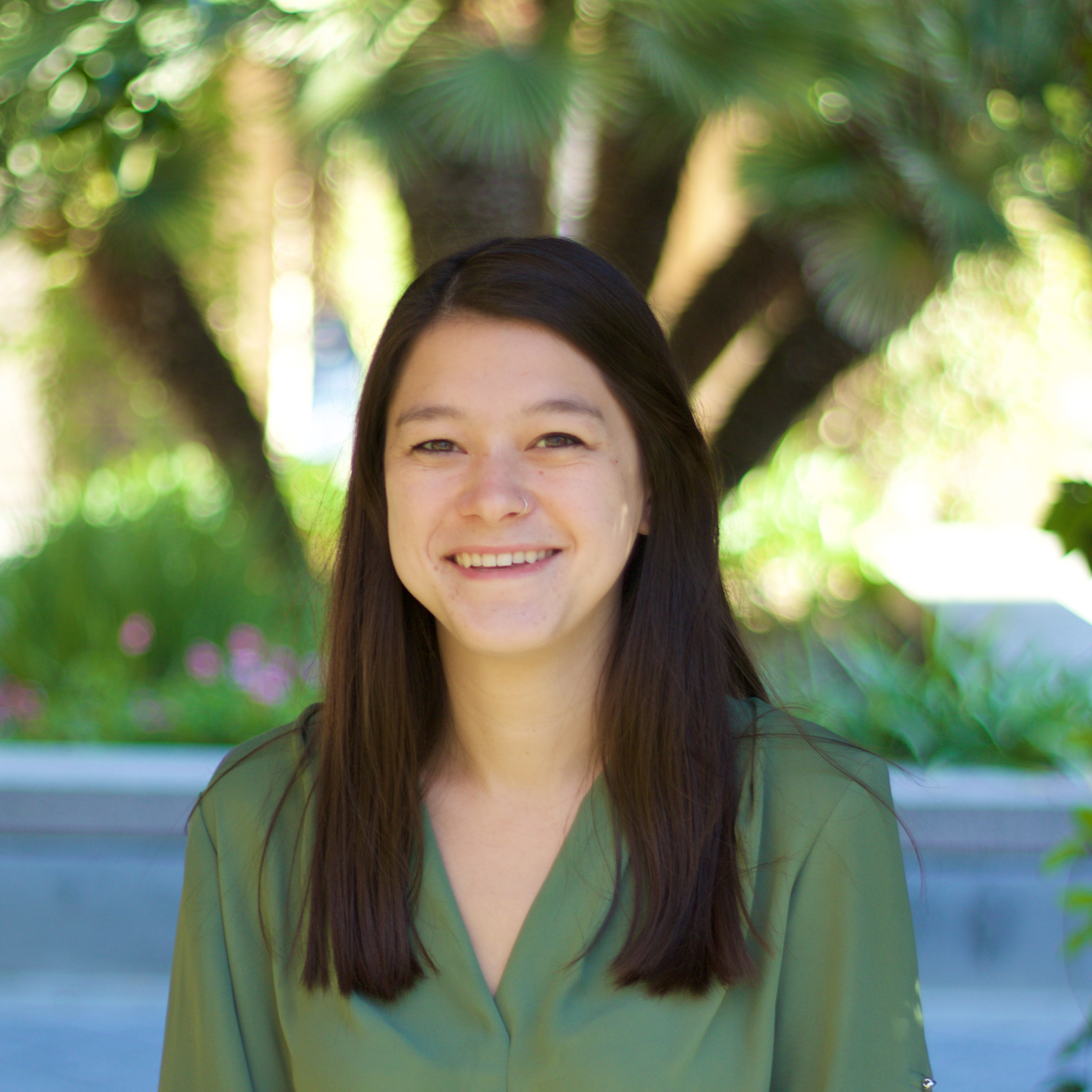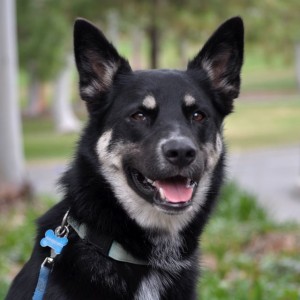Lab Members
Professor Mikael Nilsson
Mikael Nilsson joined the department of Chemical Engineering and Materials Science at University of California Irvine as an assistant professor in January 2009. The work in his group focus largely on chemical separation processes for metal ions in used nuclear fuel for recycling and reuse of material. The work spans fundamental chemical interactions and thermodynamics to process flowsheets and equipment development.
At UC Irvine he teaches courses in Nuclear and Radiochemistry and the Nuclear Fuel Cycle. He also teaches more general ChemE topics such as advanced chemical engineering thermodynamics and unit operation lab.
During his M.S. and Ph.D. studies Dr. Nilsson was one of the Swedish contributors to the European projects for partitioning of spent nuclear fuel, PARTNEW and EUROPART. During this time he was also a member of the Swedish reference group on partitioning and transmutation research. In 2004 he worked at the research center in Jülich, Germany, under the supervision of Dr. Giuseppe Modolo. During his post-doctoral studies he worked on lanthanide/actinide separations as part of the UREX+ process development. Between September and November 2008 Dr. Nilsson was a visiting scientist at Pacific Northwest National Laboratory and received training and was certified as Radworker II. In October 2010 he became a certified senior reactor operator for the UC Irvine TRIGA nuclear reactor. He is active in the SS&T subdivision and I&EC division of the American Chemical Society.
His research intersects with the work carried out at the UC Irvine TRIGA reactor and he and his group members utilize these facilities. He is a recipient of a 2011 faculty development grant from the U.S. Nuclear Regulatory Commission. His research program has received funding from the U.S. DOE, the Nuclear Energy University Program (NEUP), and from the UC Lab fees awards program. He is the faculty advisor for the Beta Xi chapter of Omega Chi Epsilon (ChemE honor society).
Post-Doc: Chemistry, Washington State University 2006-2008, (Advisor K.L. Nash)
PhD: Nuclear Chemistry, Chalmers University of Technology, 2005, (Advisors C. Ekberg, G. Skarnemark)
MS: Chemical Engineering, Chalmers University of Technology, 2000, (Advisor J.O. Liljenzin)
Current students under Dr. Nilsson are listed below
Ph.D. Students
Leila Safavi-Tehrani
- B.S. Chemistry, University of California Irvine
- M.S. Chemical Engineering, University of California Irvine
Radioactive lanthanides are an important imaging, diagnostic and therapeutic tool in the medical field. However, for medical purposes, the isotopes should be produced at high specific activity, i.e. low concentration of inactive carrier. The objective of my research is to produce radioactive lanthanides with high specific activity in a small-scale research reactor using the Szilard-Chalmers method.
Andy Jackson
- B.S. ChE University of Minnesota Duluth
- M.S. University of California Irvine
Solvent extraction is ubiquitous in the reprocessing of used nuclear fuel. The objective of my work is to better understand how the formation of certain aggregates, such as reverse micelles, in the organic phase of proposed solvent extraction systems for used nuclear fuel affect the observed extraction phenomenon known as synergism.
Quynh Vo
- B.S. Chemical Engineering, California State Polytechnic University Pomona
- M.S. Chemical Engineering, University of California Irvine
My project focuses on molecular dynamic simulations of solvent extraction systems relevant to spent fuel separations and encompasses both aqueous and organic phases. The project is a joint effort between the Nuclear Group and professor Hung Nguyen’s simulation group
Christian Bustillos
- B.S. Chemistry, University of California Los Angeles
Christian is involved in the synthesis and evaluation of new ligands for improved extraction systems related to actinide separations, including uranium.
Jaclynn Unangst
- B.S. Chemistry, University of Arizona
My research is focused on the sequestration of uranium and other actinides from aqueous environments using hybrid materials. I am trying to emphasize porosity and surface area as well as other modifications of a solid support network for maximum chelation of selective ions for application in nuclear energy and sensors.
Alan Tam
- B.S. Physics, University of California, Riverside
The emergence of new nanocomposite material combined with polymer significantly improves energy resolution for radiation detection. My research involves studying different kind of material based on gamma and neutron detection and improve upon current available portable detectors.
Tro Babikian
- B.S. Chemical Engineering, University of California, Irvine
- M.S. Chemical Engineering, University of California, Irvine
Annular centrifugal contactors have found widespread use in reprocessing spent nuclear fuel. My research focuses on studying the mass transfer and the hydrodynamics of the flow in these contactors.
Edward Jenner
- B.S. Chemical Engineering, University of Arkansas
Developing an on-line monitoring system for spent nuclear fuel recycling would be advantageous from an environmental, industrial, and national security stand point. My aim is to design such a system using a centrifugal contactor equipped with spectroscopic probes and train a chemometric model based on a multitude of physicochemical properties.
Rose Pier
- B.S. Chemical Engineering, University of California, San Diego
Radium is a naturally occurring radioactive material and is usually found at low levels in the natural environment. The widespread use of fracking (hydraulic fracturing) shale formations to extract natural gas introduces radium in the environment. My project investigates various separation methods to remove radionuclides from environmental samples containing high total dissolved solids.
Randy Ngelale
- B.S. Chemical Engineering, University of Kansas
- M.S. Chemical Engineering, University of California, Irvine
A crucial aspect in the implementation of large scale spent nuclear fuel reprocessing is examining the effects of radiation on the solvents being used. My research focuses on the degradation of common extraction reagents and characterizing the effects of radiation type, dose, and the presence of extracted metals.
Ted Yoo
- B.S. Physics, California State Polytechnic University Pomona
My research focuses on using molecular dynamics (MD) to study liquid-liquid metal ion extraction in the context of nuclear fuel reprocessing. The current hurdle is finding a way to systematically find the force fields that accurately model the extractants under study in MD. The ultimate goal is to use this method to predict the force fields of new molecules in an effort to use MD and machine learning to aid in rational ligand design.
Jisue Moon
- B.S. Chemical Engineering, Dankook University, South Korea
- M.S. Chemical Engineering, Dankook University, South Korea
Radioactive wastes are stored in tanks at several sites across the country. Most tanks were built for a while ago and need to clean up to prevent environmental contamination. My aim is to develop an on-line monitoring system for tank waste by measuring conductivity and applying various analyzing methods.
Kara Thomas
- B.S. Chemistry, The George Washington University
Separating americium and curium from trivalent lanthanides and actinides, and from each other, is a challenge that has been termed “closing the nuclear fuel cycle”. My project will focus on using spectrophotometric techniques to quantify the efficacy of various methods and ligands in selectively extracting these elements from nuclear waste.
M.S. Students
Visiting Researchers
Lab Mascot
Lucy
My research topic is yet to be determined and most of my efforts are spent on various social events with the group. My day-to-day operations involve serving as a personal alarm clock for Dr. Nilsson and to keep his back-yard clear of raccoons, squirrels and bobcats.
Alumni
Dr. Cory Hawkins Postdoc
Jeremy Pearson Ph.D.
Ko Nee Ph.D.
Michael Gray Ph.D.
Alex Braatz Ph.D.
Atsunori Terashima – Visiting Researcher
Milan Wang M.S
Colin Shelby M.S.
Andrew Maycock M.S.
Omed Muzzafery M.S.
Chelise Van de Graaff M.S.
Brijraj Desai M.S.
Isha Gujarati M.S.
Chao Diep B.S.
Andrew Clark B.S.
Oliver Jan B.S.
Timothy Anderson B.S.
Long John Nguyen B.S.
Steven Bui B.S.
Leanne Bautista B.S.
Shayan Shahbazi B.S.
Donald Morrow B.S.
Janice Lam B.S.

